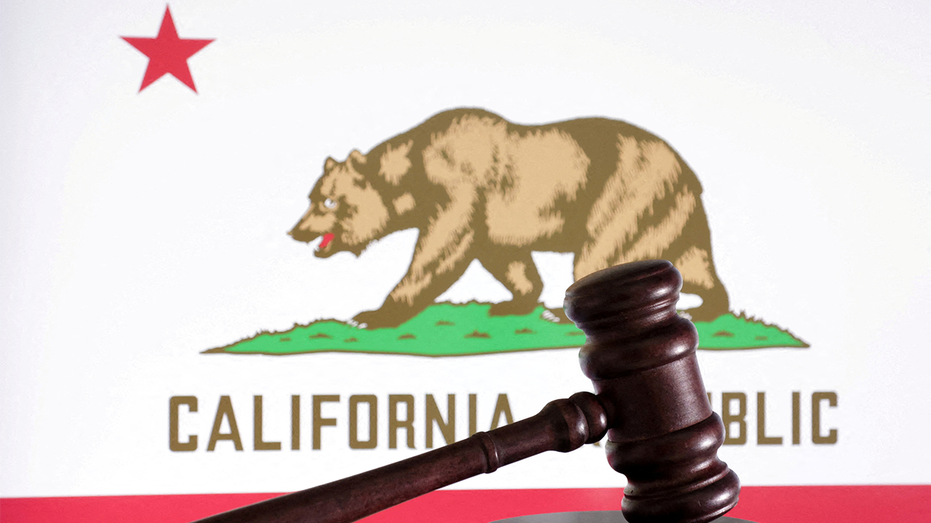California Bar Exam Pass Rate Surges as Over 200 Candidates Shift from Fail to Pass Following Scoring Adjustment
Over 200 February California bar exam takers will see their scores upgraded from “fail” to “pass” following recent scoring adjustments.

More than 200 people who initially failed California’s February bar exam will see their results changed to a passing score after a recent decision by the State Bar of California’s Committee of Bar Examiners. This adjustment, impacting 230 test takers, follows widespread technical and logistical issues during the administration of the exam—a situation that prompted multiple lawsuits from affected candidates and even legal action by the state bar against the company overseeing the exam’s delivery.
With the committee’s approval of the new scoring method, the overall pass rate for the February test leaped from 56% to 63%. This marks a significant increase over the state’s typical pass rate, which historically hovers around 35%. The adjustment comes as part of ongoing efforts by bar officials to mitigate the damage caused by the troubled test session and its aftermath on thousands of aspiring attorneys whose careers were placed in limbo.
One major change involves how written responses are scored. Applicants whose answers were re-evaluated by a second grader will now be awarded the higher of the two scores for each question—rather than averaging the first and second-read scores, as was the previous practice. Officials say this revision offers greater fairness for those close to the passing threshold.
Test takers affected by the scoring changes will be notified of their updated results this week. Notably, if the adjustments move a candidate into the passing category and they have registered for the upcoming July bar exam, their July registration will be automatically withdrawn.
This round of scoring corrections is just one in a series of remedies considered for the February cohort. The state’s highest court had already authorized a lowering of the raw passing score and allowed “imputed” scores for examinees unable to complete large sections of the two-day exam. Bar officials are now seeking further Supreme Court approval to use statistical analysis for boosting some applicants’ performance test scores and to potentially permit all February applicants—including those who withdrew prior to the test—to practice law on a provisional basis under supervision.
The February exam represented a major transition for California, marking the state’s first attempt at a hybrid remote/in-person test structure following decades of reliance on the national bar exam format. While the shift was initially projected to save the bar up to $3.8 million annually, the attempt to address technical failures and related fallout is now expected to cost nearly $6 million for the July exam cycle.
Some state Bar trustees have voiced concern over the rapidly rising pass rate and certain proposed remedies, arguing that the core mission of protecting the public from unqualified practitioners must not be compromised. In response, the Bar emphasized the intense challenge of crafting fair solutions while maintaining the exam’s integrity, stressing that public protection remains its foremost priority.
This bar exam controversy continues to reverberate throughout California’s legal community, with many stakeholders awaiting the state Supreme Court’s forthcoming decisions on additional proposed measures.




